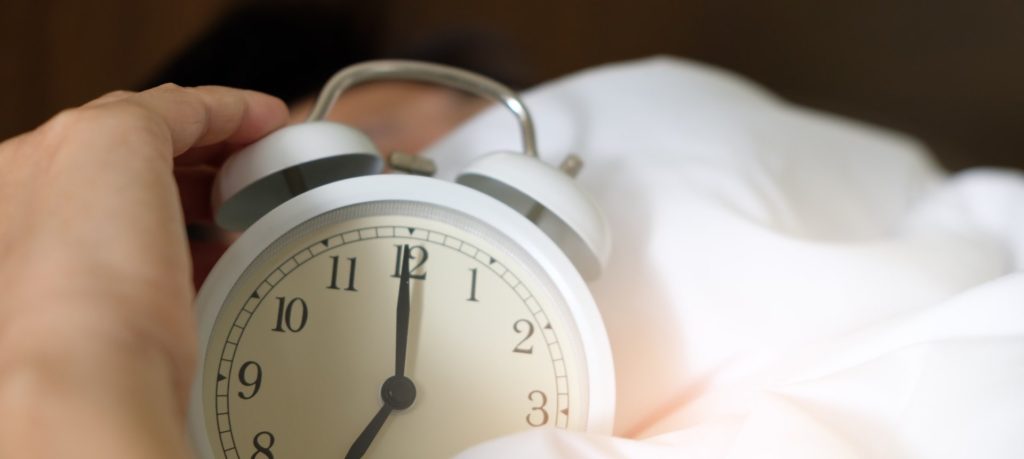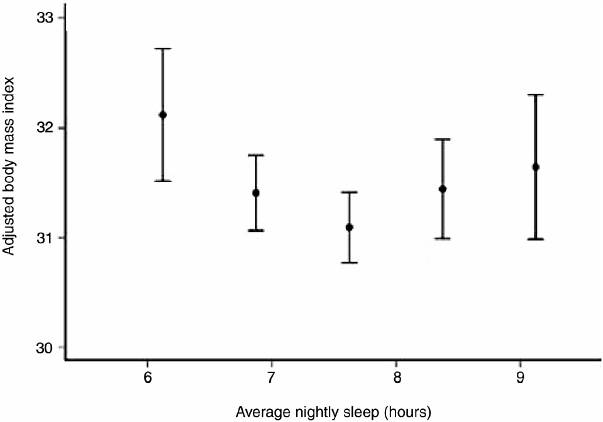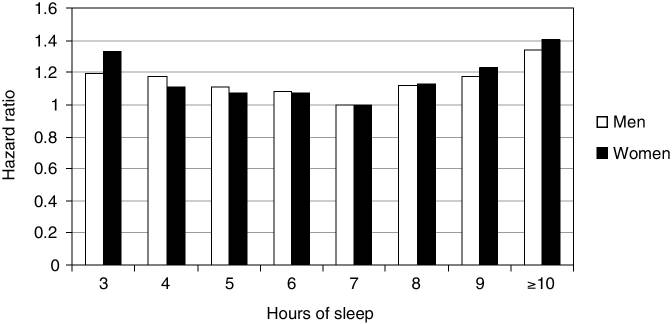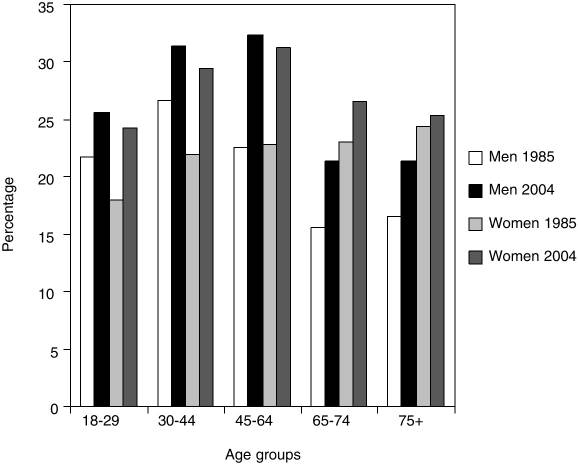
IWCR INSIDERS: SPRING 2022 EDITION
“Sleep that knits up the raveled sleeve of care …
great nature’s second course, chief nourisher in life’s feast.”
— William Shakespeare, Macbeth
Have you adjusted to losing that hour when the USA turned the clocks back for the start of Daylight Savings Time? As Shakespeare knew in 1606, sleep heals and nourishes us. But what else can it do? What effects does it have on weight management?
As Congress ponders whether to make Daylight Savings Time permanent, we can look to medical research for insight into sleep’s relationship to health. Scientists have long known that sleep deprivation has many serious health impacts, from memory and mood, to health and immunity, and also to appetite and food choices. Let’s look at some relevant studies.
Sleep’s relation to calories
When scientists study sleep duration and food choices, they find that reducing sleep by an hour or more from ideal increases calorie intake the next day by a range of 270 to 549 calories, with an average of 385 extra calories per day.
A 2021 study followed young, overweight adults who habitually slept fewer than 6.5 hours a night. The researchers counseled them on sleep hygiene, and the group as a whole was able to increase its sleep duration. The group average went from 6.5 hours to 8.5 hours of “in-bed duration”. Compared to a control group that did not sleep longer, the intervention group ate an average of 270 calories per day less than they had previously been eating. This study is uniquely useful in that it was done in a real-world setting, with no manipulation or control over participants’ eating habits. They were not locked in a lab — they were in their own beds, and making their own food choices. Furthermore, the participants ate whatever they wanted, with no food logging. (1)
Investigators used the clinical gold-standard “doubly labeled water” method to monitor change in energy intake. Subjects did not know they were in a weight loss study, so they did not consciously change their eating patterns to please the researchers.
Sidebar: What is doubly-labeled water?
The “doubly labeled water” method measures change in stored energy. This is a urine-based test that involves a person drinking water in which both the hydrogen and oxygen atoms have been replaced with less common, but naturally occurring, stable isotopes that are easy to trace. The use of this technique in humans was pioneered by the Dale A. Schoeller, Ph.D., Professor Emeritus of Nutritional Sciences at UW–Madison.
Meta-analyses confirm the connection
A 2016 meta-analysis done by King’s College London looked at 11 prior intervention studies. The 11 studies all compared a partial sleep restriction intervention group with an unrestricted sleep control group, and measured the individuals’ energy intake over the next 24 hours. It found that sleep-deprived people consumed an average of 385 extra calories per day. (A meta-analysis is a study combining the results of many prior intervention studies.)
They also found that the sleep-restricted people did not burn extra calories the next day, meaning those extra calories they ate were truly beyond their energy needs. They further found the intervention group chose foods higher in fat, and lower in protein. Carbohydrate intake overall was unchanged, although other studies show increased carbohydrate intake — so further studies are needed to see if there are truly any predictable trends in specific types of foods that tired people choose. (2)

Cravings too
A previous small study using brain scans of 26 adults found partial sleep deprivation resulted in greater activation of areas in the brain associated with reward when people were exposed to food. In other words, food temptations were greater for tired people. (3)
It gets worse… and better
A 2019 meta-analysis of seven qualified sleep studies showed that people who sleep either less than ideal amounts, or more than ideal amounts are at greater risk for obesity, all-cause mortality, and specifically premature death from cardiovascular disease. But increasing sleep from insufficient to normal levels was associated with improved insulin sensitivity (better blood sugar control), decreased levels of hunger hormones (both leptin and the peptide tyrosine-tyrosine), and reductions in overall appetite, reductions in a desire for both sweet and salty foods, and reduced intake of foods with sugar added.
Sleep and health
In the past 10 years, research has increasingly shown that sleep loss has negative health effects. Studies suggest that sleeping less than 7 hours per night may have wide-ranging effects on the cardiovascular, endocrine, immune, and nervous systems, including the following:
- Obesity in adults and children
- Diabetes and impaired glucose tolerance
- Cardiovascular disease and hypertension
- Anxiety symptoms
- Depressed mood
- Alcohol use

A direct relationship
When a person sleeps less than 7 hours a night there appears to be a direct relationship between sleep loss and greater weight — the less sleep, the greater the obesity, as typically measured by body mass index (BMI). Although most studies were brief, one prospective study was a 13-year cohort study of nearly 500 adults. Even by age 27, individuals who slept less than 6 hours were 7.5 times more likely to have a higher body mass index, after carefully controlling for factors such as family history, levels of physical activity, and demographics (5).
Weight and sleep quality
Higher weight also contributes to obstructive sleep apnea (OSA) — breathing problems or snoring during sleep. This is usually the result of fat deposits in areas of the throat that impinge on airways, causing them to narrow. Studies find that large neck size is a better predictor of OSA than weight. and the finding that greater waist size is a better predictor of OSA than total obesity is. This is true in well-designed studies of both young children and adults (6)
Sleep loss is increasing
7 hours of sleep a night appears to be the threshold for good health, yet 35.2% of all adults in the U.S. report sleeping less than seven hours per night. From 1985 to 2004, sleep loss increased between 12 and 25%

Sidebar: Non-whites sleep less
After adjusting for age, insufficient sleep by race and ethnicity shows clear differences with 46.3% of Native Hawaiians/Pacific Islanders, 45.8% of black people, 40.4% of American Indians/Alaska Natives, 37.5% of Asians, 34.5% of Hispanics, and 33.4% of whites reporting getting less than seven hours of sleep. (7)
Single parents and production workers sleep less too.
42.6% of single parents sleep less than seven hours per night compared to 32.7% of adults in two-parent homes and 31% of adults with no children.
More than 44% of workers in production-focused industries, such as factory workers and plant operators, report getting seven hours of sleep or less per night. (7)
What to do?
Do you know how many hours you sleep, on average? Is your sleep erratic, or are you on the same schedule each night? Where do you fall when compared to these statistics, and what might you do to improve your situation? Join us in your private IWCR Insiders Facebook group to discuss these findings and plan your way forward.
References:
- “Effect of Sleep Extension on Objectively Assessed Energy Intake Among Adults with Overweight in Real-Life Settings,” JAMA Internal Medicine (2022). DOI: 10.1001/jamainternmed.2021.8098
- H K Al Khatib, S V Harding, J Darzi, G K Pot. The effects of partial sleep deprivation on energy balance: a systematic review and meta-analysis. European Journal of Clinical Nutrition, 2016; DOI: 10.1038/ejcn.2016.201
- St-Onge M-P, Mcreynolds A, Trivedi ZB, Roberts AL, Sy M, Hirsch J . Sleep restriction leads to increased activation of brain regions sensitive. Am J Clin Nutr 2012; 95: 818–824.
- Journal of Sleep Research (2019). DOI: 10.1111/jsr.12865
- Hasler G, Buysse DJ, Klaghofer R, Gamma A, Ajdacic V, Eich D, Rossler W, Angst J. The association between short sleep duration and obesity in young adults: A 13-year prospective study. Sleep. 2004;27(4):661–666. https://pubmed.ncbi.nlm.nih.gov/15283000/
- Katz et al., 1990; Grunstein, 2005b; Locard et al., 1992; Sekine et al., 2002; von Kries et al., 2002; Vioque et al., 2000; Kripke et al., 2002; Gupta et al., 2002; Taheri et al., 2004; Hasler et al., 2004.
- https://www.sleepfoundation.org/how-sleep-works/sleep-facts-statistics
Your Story Matters
Do you have more to share? We want to invite you to engage more deeply with your fellow Citizen Scientists. In future issues, we will be profiling interesting people from the sciences and hopefully, from this study! We want to feature your stories, profile your opinions, experiences, and ideas. Whether you have a great success to celebrate, or struggles we can all learn from, we want to know you better.
Your story could be part of our next blog or newsletter! Do you have thoughts about what it was like to participate in the IWCR Questionnaires? Has something inspired you lately? What else do you want us to know?
Feel free to comment on this post, or write to study@internationalweightcontrolregistry.org. Your Citizen Science experiences may be featured right here — and ONLY with your permission.
Join our IWCR Insiders Facebook group to stay part of the conversation, meet your fellow Citizen Scientists of the IWCR, post and see amazing pictures of your favorite foods, participate in interesting polls, and help grow this vital global community. If you’ve completed the Registry, you can join here: https://www.facebook.com/groups/iwcrinsiders/
We look forward to staying in touch with you on this important lifelong journey.